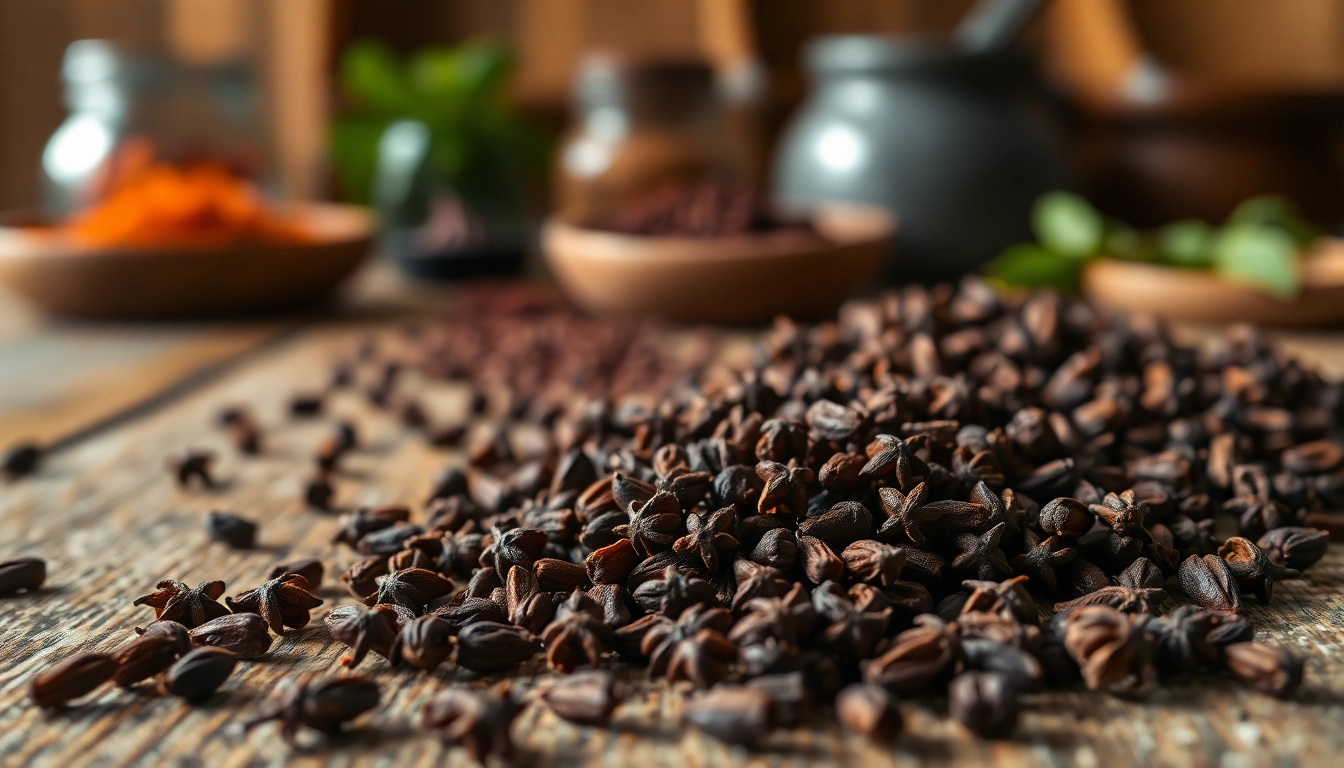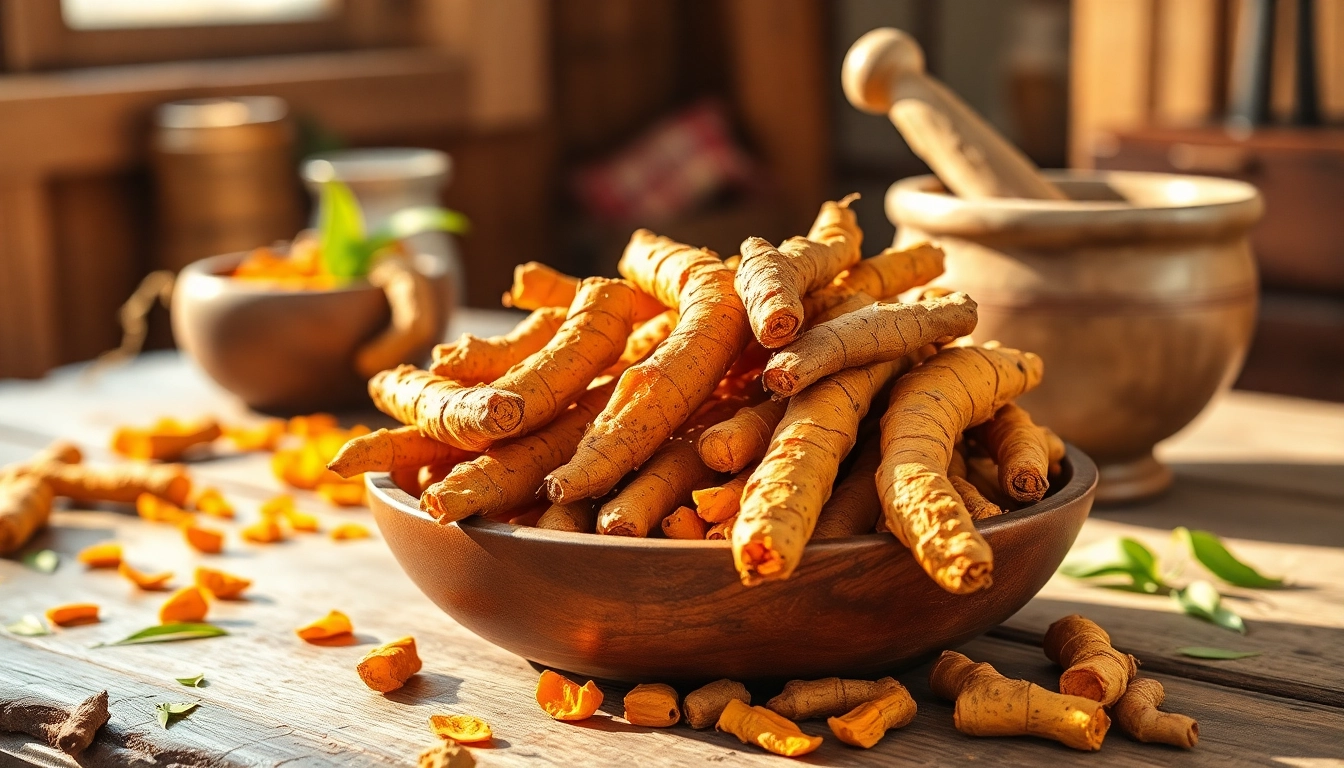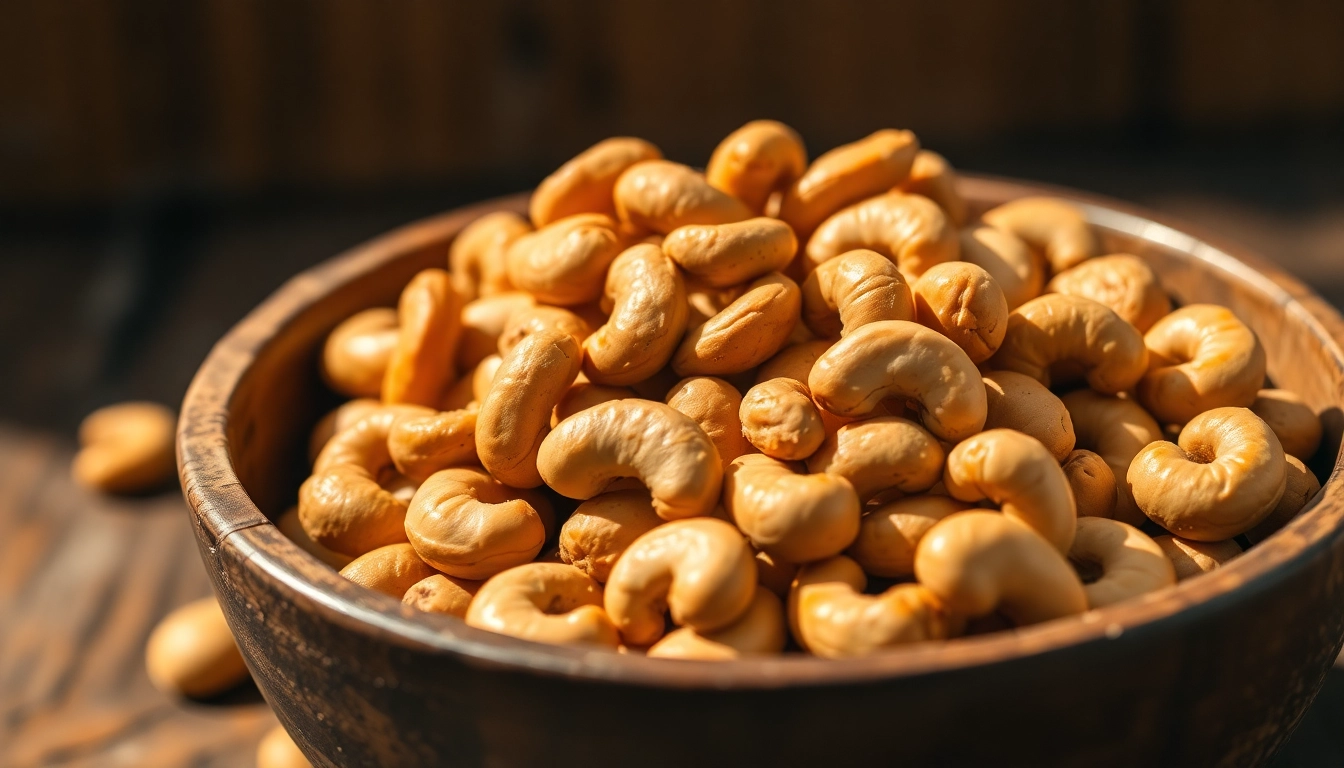Understanding Cloves: A Brief Overview
What Are Cloves?
Cloves are the aromatic flower buds of a tree in the family Myrtaceae, specifically from the species Syzygium aromaticum. These small, reddish-brown buds are harvested before they bloom and are then dried to develop their signature flavor. Native to the Maluku Islands in Indonesia, cloves are now cultivated in various tropical regions around the globe. Known for their strong, pungent aroma and slightly sweet taste, cloves are widely utilized as a spice, flavoring agent, and even in perfumes and cosmetics. For those looking to explore the sensory and health benefits of this aromatic spice, cloves can offer a multitude of possibilities in both culinary practices and health applications.
The History of Clove Spice
Cloves boast a rich history that dates back thousands of years. They were an important trade commodity in ancient times, sought after by traders who seized the opportunity to introduce them to distant lands. The first recorded use of cloves is traced back to around 200 BCE in the Chinese province of Guangdong, where they were utilized both as a spice and for their medicinal properties. By the middle ages, cloves had found their way into Europe through traders and soon became a symbol of wealth and luxury. Their popularity soared during the spice trade, leading to colonial expansions in the quest to control the clove trade. This journey transformed global trade patterns and had lasting impacts on cultural exchanges.
Clove Varieties and Their Unique Characteristics
Cloves can be categorized mainly into two varieties: Indonesian cloves and Tanzanian cloves. Indonesian cloves, also known as “clove buds,” are larger and possess a stronger aroma. In contrast, Tanzanian cloves tend to be smaller but are often favored for their sweeter notes. Other lesser-known varieties include Madagascar cloves and Indian cloves, each contributing unique flavors and aromas. Understanding these nuances not only enhances culinary applications but also helps in selecting high-quality cloves for therapeutic uses.
Health Benefits of Cloves
Rich Nutritional Profile of Cloves
Cloves are a powerhouse of nutrients, providing vital compounds such as vitamins, minerals, and antioxidants. Rich in manganese, a trace element essential for bone formation and metabolism, cloves also contain vitamin K, calcium, magnesium, and fiber. Incorporating cloves into your diet can enhance overall well-being due to their rich nutrient density.
Antioxidant Properties and Overall Health
The antioxidants in cloves, primarily eugenol, have been studied for their role in combating oxidative stress. High levels of oxidative stress can lead to chronic diseases such as cancer and heart disease. By neutralizing free radicals, cloves can help mitigate these risks. Studies have indicated that eugenol also exhibits anti-inflammatory effects that may provide relief from inflammatory conditions, positioning cloves as a viable option for promoting overall health.
Cloves for Digestive Health and More
Cloves have traditional uses in managing digestive issues, including bloating, gas, and indigestion. The presence of eugenol in cloves can stimulate the secretion of digestive enzymes, enhancing overall digestion. Additionally, cloves possess antimicrobial properties that can inhibit the growth of harmful bacteria in the gut, promoting a healthier gut microbiome. Integrating cloves into herbal teas or oil can be an effective home remedy for digestive ailments.
Culinary Uses of Cloves
Incorporating Cloves in Recipes
Cloves are versatile and can elevate various dishes with their warm, aromatic flavor. They are commonly used in savory dishes such as stews, marinades, and rice dishes. When cooking, whole cloves can be infused in stocks, while ground cloves are often added to spice mixes and baked goods. Cloves can also enhance the flavors of beverages, particularly in chai tea, mulled wine, and spiced cider.
Cloves in Different Cuisines Globally
Globally, cloves are integral to numerous culinary traditions. In Indian cuisine, they are used in biryanis and garam masala. Middle Eastern cuisine incorporates them into spiced rice dishes and kebabs. In Western baking, cloves are a vital ingredient in holiday favorites like gingerbread and pumpkin pie. Understanding these applications can inspire diverse culinary experimentation.
Creative Ways to Use Cloves in Cooking
Cloves can also be included in non-traditional ways, such as in savory pies or incorporating them into vegetable dishes. Their unique flavor can be highlighted in marinades for meats or fish. Ground cloves can be used to enhance sauces and dressings, providing a warm depth of flavor. Combine cloves with citrus in desserts for an unexpected twist that can elevate your culinary creations.
Potential Risks and Precautions
Who Should Avoid Cloves?
While cloves offer numerous health benefits, some individuals should exercise caution. Those with bleeding disorders, pregnant women, or individuals taking anticoagulant medications should avoid excessive consumption of cloves due to their blood-thinning properties. It’s advisable to consult with a healthcare professional before making significant dietary changes.
Possible Side Effects of Clove Consumption
Common side effects of consuming cloves can include digestive upset, allergic reactions, or mouth irritation, particularly when using clove oil directly. Moderation is crucial to avoid potential adverse effects, especially for those who may be more sensitive to the spice.
Clove Interactions with Medications
Cloves might interact with certain medications, particularly those affecting blood sugar levels or blood clotting. Caution is advised for individuals on anticoagulant drugs, as cloves could enhance their effects. Always consult a healthcare practitioner when combining herbal remedies with prescribed medications.
Buying and Storing Cloves
Choosing Quality Cloves
When purchasing cloves, look for high-quality, whole buds that are firm and fragrant. Freshness is key; thus, prioritize purchasing from reputable suppliers known for their spice quality. Whole cloves retain their flavor longer than ground cloves, so consider buying whole and grinding them as needed for optimal taste.
Storage Tips for Maximum Freshness
To maintain their aromatic properties, store cloves in a cool, dark place away from light and moisture. An airtight container is ideal to minimize exposure to air, which can lead to flavor degradation. When stored properly, whole cloves can last for several years, while ground cloves should be used within six months for the best flavor.
Popular Clove Products Available Today
Clove products come in various forms, ranging from whole dried buds to essential oils and powdered cloves. Essential oil of clove is widely used for aromatherapy and natural remedies due to its potent characteristics. Brands offering organic and sustainably sourced cloves are increasingly available, making it easier to find high-quality options that suit individual preferences.



